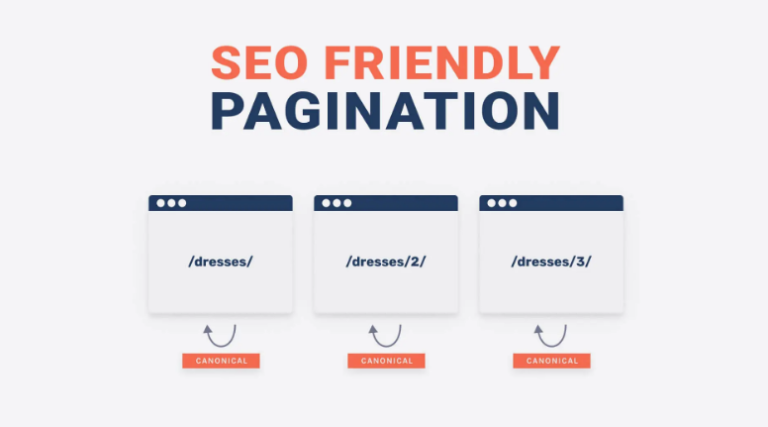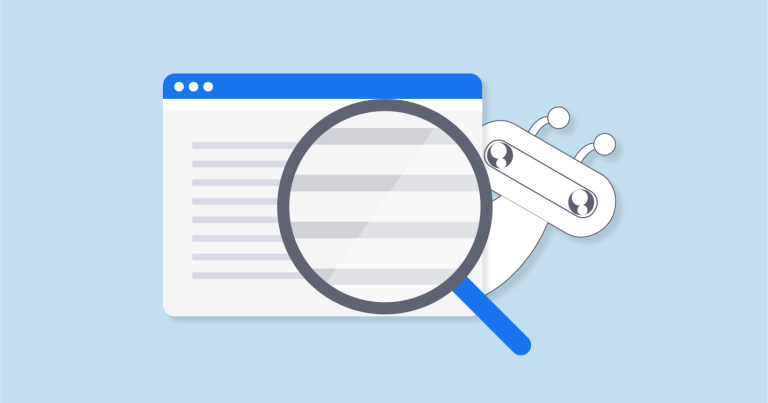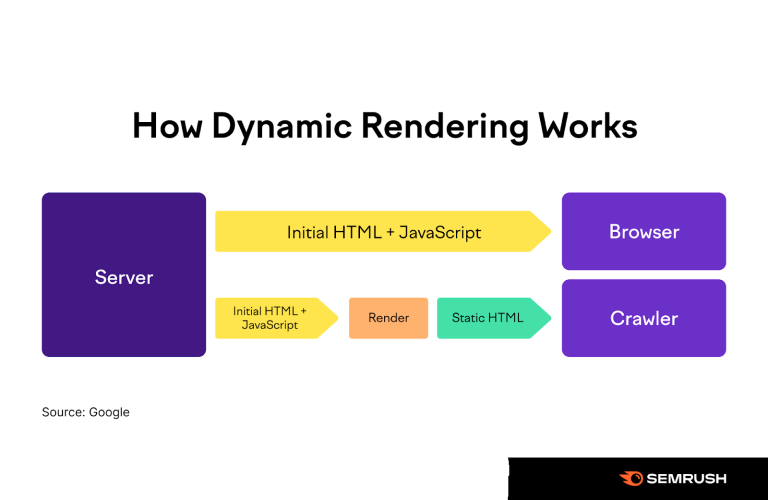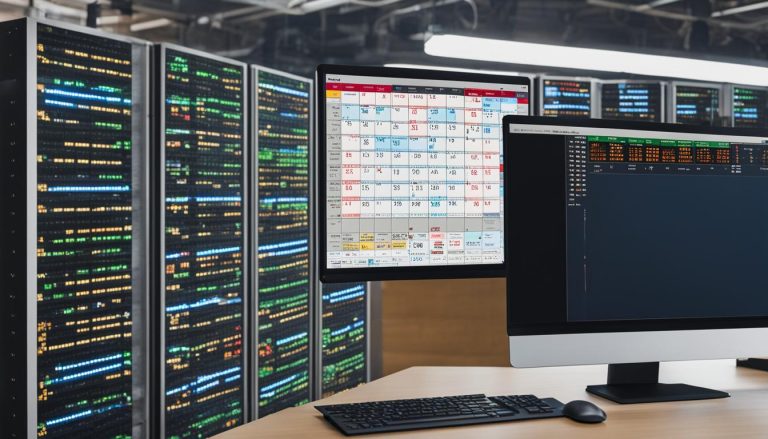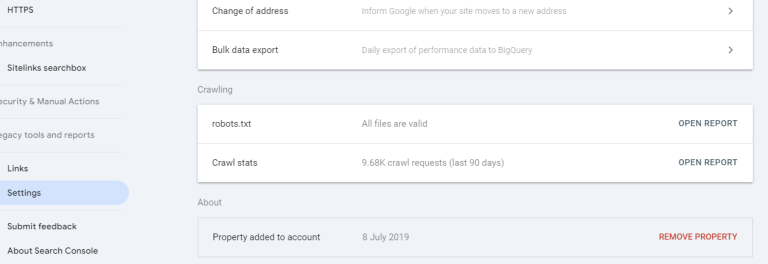Techniques for Optimizing Your Crawl Budget for Maximum Efficiency
Optimizing your crawl budget is essential for improving SEO performance. By focusing on factors like site speed, duplicate content removal, and strategic use of robots.txt, you can ensure search engines prioritize indexing your most valuable content efficiently.
Optimizing your crawl budget can lead to significant improvements in how search engines index your site, ultimately boosting your site’s visibility and performance.
From improving site speed to using structured data and managing parameterized URLs, these techniques will help enhance your site’s SEO effectiveness and user experience.
Crawl budget is the amount of time and resources that search engines allocate to crawling a website. It’s crucial because efficient management ensures that important content is indexed promptly, enhancing visibility in search results and overall SEO performance.
Definition and Importance Of Crawl Budget
Crawl budget is the amount of time and resources that search engines allocate to crawling a website. This budget is influenced by the site’s health, authority, and content freshness.
Efficient use of the crawl budget ensures that important pages are indexed promptly while avoiding wasted resources on low-value or duplicate content.
Factors Influencing Crawl Budget
Several factors influence how search engines allocate crawl budget to a website:
- Site Authority: Higher authority sites typically receive a larger crawl budget.
- Content Freshness: Regularly updated sites are crawled more frequently.
- Site Health: Errors, slow page load times, and other technical issues can negatively impact crawl budget allocation.
Evaluating Your Current Crawl Budget
Before optimizing your crawl budget, it’s essential to evaluate your current situation. Understanding how search engines currently crawl your site provides a baseline for improvement.
Using Google Search Console
Google Search Console is an invaluable tool for monitoring crawl activity. By examining the Crawl Stats report, you can see how many pages Googlebot crawls daily, along with any errors encountered. This data helps identify areas where optimization is needed.
Analyzing Server Logs
Server logs offer detailed insights into how crawlers interact with your site. By analyzing these logs, you can identify which pages are being crawled, how often, and whether any resources are being wasted on non-essential pages.
Techniques for Optimizing Crawl Budget
Several strategies can help optimize your crawl budget, ensuring that search engines focus on the most important content on your site.
Improving Site Speed
Site speed is a crucial factor in crawl budget efficiency. Faster sites allow crawlers to visit more pages within the same timeframe. Optimize your site’s speed by compressing images, leveraging browser caching, and minimizing JavaScript and CSS files.
Removing Duplicate Content
Duplicate content can waste valuable crawl budget. Use canonical tags to consolidate duplicate pages, and remove or redirect duplicate content to ensure crawlers focus on unique, valuable pages.
Effective Use of Robots.txt and Noindex Tags
Managing crawler access through robots.txt and noindex tags is essential for optimizing crawl budget.
Blocking Low-Value Pages
Use the robots.txt file to block crawlers from accessing low-value pages such as admin pages, login pages, and search results. This ensures that the crawl budget is reserved for high-quality content.
Managing Parameterized URLs
Parameterized URLs can create infinite URL combinations, leading to wasted crawl budget. Use URL parameters settings in Google Search Console to manage how Google handles these URLs, and employ canonical tags to indicate preferred versions.
Implementing Structured Data
Structured data, or schema markup, helps search engines understand the content on your site more efficiently, enhancing crawl efficiency.
Enhancing Crawl Efficiency with Schema Markup
Implement schema markup to provide detailed information about your content to search engines. This can improve the accuracy and efficiency of crawling, ensuring that important content is indexed correctly.
Leveraging Sitemaps
XML sitemaps guide crawlers to important pages on your site. Ensure your sitemap is up-to-date and includes only high-value pages to direct crawl budget effectively.
Prioritizing High-Quality Content
Focus your crawl budget on high-quality, valuable content to maximize SEO benefits.
Focusing on Valuable Pages
Identify and prioritize pages that are most important for your SEO strategy. Use internal linking to signal these pages’ importance to search engines, helping them allocate crawl budget effectively.
Regularly Updating Important Content
Regularly update and refresh important content to ensure it remains relevant and receives adequate crawl attention. Fresh content is more likely to be crawled and indexed promptly.
Monitoring and Maintaining Crawl Budget
Regular monitoring and maintenance are essential to sustain an optimized crawl budget over time.
Regular Audits
Conduct regular audits of your site’s crawl activity using tools like Google Search Console and server log analysis. Identify any new issues or inefficiencies and address them promptly.
Adjusting Strategies Based on Performance
Continuously refine your crawl budget optimization strategies based on performance data. Stay informed about changes in search engine algorithms and best practices to adapt your approach as needed.
Frequently Asked Questions
What is a crawl budget and why is it important?
Crawl budget is the amount of time and resources that search engines allocate to crawling a website. It’s important because efficient use of crawl budget ensures that important content is indexed and visible in search results.
How can I improve my site’s crawl rate?
Improve your site’s crawl rate by optimizing site speed, removing duplicate content, using robots.txt and noindex tags to block low-value pages, and regularly updating important content.
What tools can help me monitor my crawl budget?
Tools like Google Search Console, Ahrefs, and server log analysis tools can help you monitor and manage your crawl budget effectively.
How does site speed affect crawl budget?
Faster site speed allows search engine crawlers to visit more pages in the same timeframe, improving the efficiency of your crawl budget.
Should I use noindex or disallow for managing my crawl budget?
Use noindex for pages that you don’t want to appear in search results but still want to be accessible, and disallow in robots.txt for pages you don’t want crawlers to visit at all.
How often should I audit my crawl budget?
Conduct crawl budget audits regularly, such as quarterly, to ensure ongoing optimization and address any new issues that arise.
Conclusion
Optimizing your crawl budget is crucial for maximizing your website’s SEO performance. By understanding the factors that influence crawl budget, implementing effective strategies, and regularly monitoring performance, you can ensure that search engines efficiently crawl and index the most valuable content on your site.
This not only enhances your site’s visibility but also contributes to a better user experience and overall site health.
